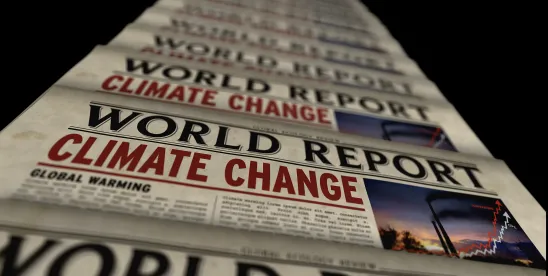Companies in Australia will soon have to abide by a set of significant climate disclosures aligned with the International Sustainability Standards Board guidelines. These disclosures, which will impose significant compliance costs on companies, focus on the typical material demanded by mandatory climate disclosures--e.g., disclosures of Scope 1, Scope 2, and Scope 3 greenhouse gas emissions, and climate-related risks and opportunities.
This action by Australia demonstrates the increasing global prevalence of mandatory climate disclosure rules. The recent action by the SEC in promulgating mandatory climate disclosures--although currently stayed by litigation--should be seen in this context. Moreover, should a particular set of mandatory climate disclosure regulations become standard throughout the developed world, it is unlikely that American business would be able to fully avoid generating information to satisfy such disclosures (e.g., due to demands from foreign counterparties), even if the U.S. does not fully enact or implement such climate disclosures.
"Australia’s plans to introduce stringent rules on climate disclosures are driving up concerns among businesses about compliance in one of the world’s biggest per-capita emitters.More than 6,000 companies including listed and unlisted firms, financial institutions and asset owners will eventually fall under the auspices of mandatory rules being rolled out from January.Because Australia is a larger market, that will impact more companies than in New Zealand, Hong Kong and Singapore, all of which have been seen as standard-setters so far in Asia, according to datafrom Bloomberg Intelligence.Fresh rules promise to move Australia from a laggard on climate policies to among the first jurisdictions globally to implement reporting in line with new International Sustainability Standards Board guidelines."




 />i
/>i

